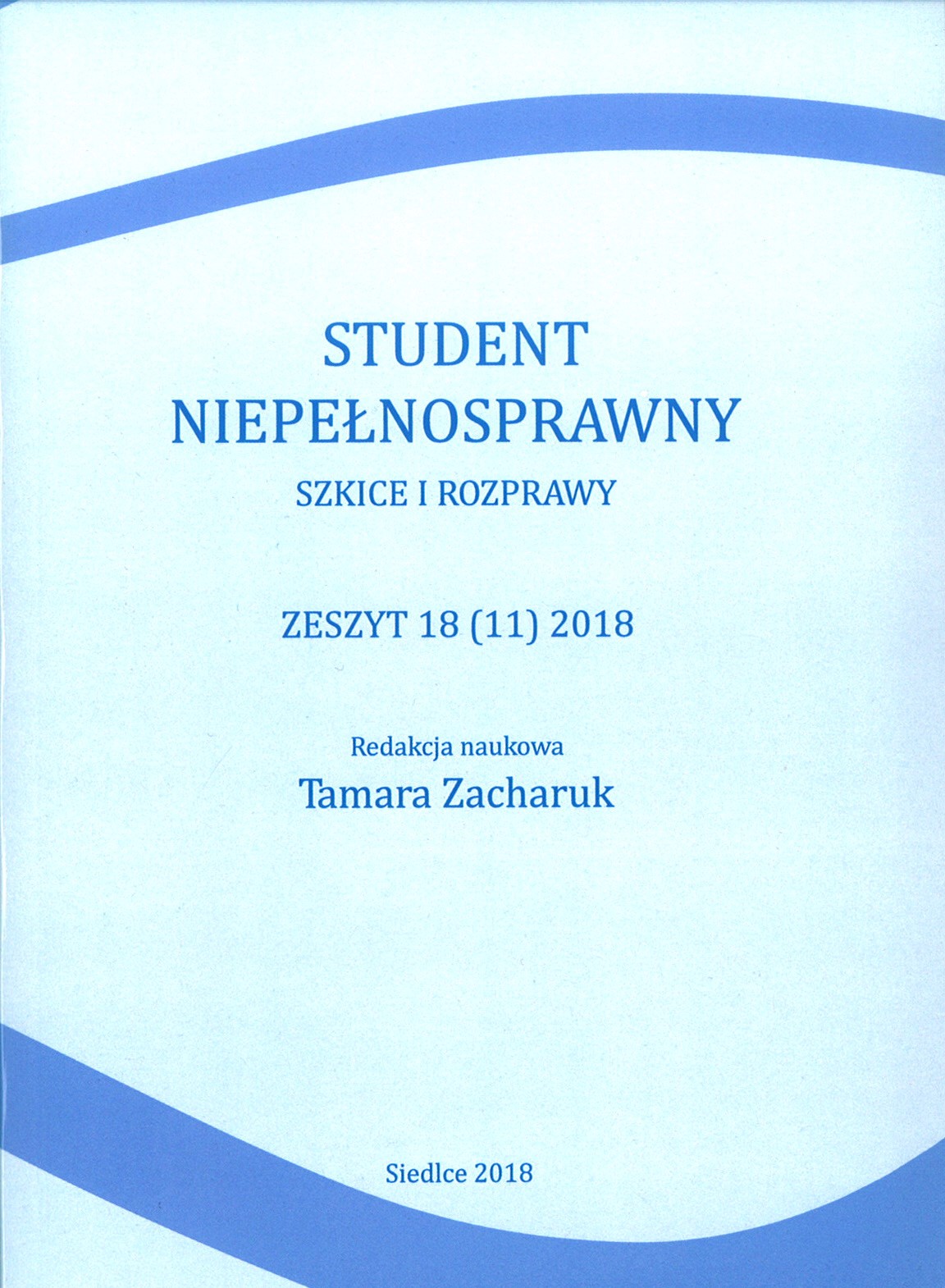Folklore as Мeans of Inclusion of Ethnic Minority Children. Theory of education
Abstract
The inclusion of children from Roma communities is a challenge that a number of countries are facing . The present article describes successful Bulgarian models for social and pedagogical inclusion of children from the Roma ethnic group through folklore, developed by informal organizations in the country with the cooperation of the Ministry of Education and Science of the Republic of Bulgaria.
Downloads
Download data is not yet available.
References
Nakov, Yu, Y. Nunev, O Krumovo Methodological Guide for Teachers Teaching
the SOP, "Folklore of Ethnicity in Bulgaria - Roma Folklore, ASTARTA, V.
Tarnovo 2004".
Rangelova, Em. School and Out-of-School Student Communities as a Educational
Factor, В. Dimitrov, L. and Team Theory of Education, ed.,
"AVANGARD PRIMA", 2016.
Tilkidjiev, N., V. Milenkova, K. Petkova and N. Mileva. The dropping Roma.
Sofia: Open Society Institute, Sofia 2009.
National Action Plan on the "Decade of Roma Inclusion 2005-2015" initiative,
http://www.strategy.bg/StrategicDocuments/.
Ministry of Education and Science, Ordinance on the Inclusive Education of
the Ministry of Education and Science, in force from 27.11.2017,
https://www.mon.bg/.
Center for Interethnic Dialogue and Tolerance "Amalipe", Folklore of Ethnicity
in Bulgaria, http://www.amalipe.com/
Center for Interethnic Dialogue and Tolerance "Amalipe", Roma Education in
Bulgaria - resource site, http://www.romaeducation.com/.
the SOP, "Folklore of Ethnicity in Bulgaria - Roma Folklore, ASTARTA, V.
Tarnovo 2004".
Rangelova, Em. School and Out-of-School Student Communities as a Educational
Factor, В. Dimitrov, L. and Team Theory of Education, ed.,
"AVANGARD PRIMA", 2016.
Tilkidjiev, N., V. Milenkova, K. Petkova and N. Mileva. The dropping Roma.
Sofia: Open Society Institute, Sofia 2009.
National Action Plan on the "Decade of Roma Inclusion 2005-2015" initiative,
http://www.strategy.bg/StrategicDocuments/.
Ministry of Education and Science, Ordinance on the Inclusive Education of
the Ministry of Education and Science, in force from 27.11.2017,
https://www.mon.bg/.
Center for Interethnic Dialogue and Tolerance "Amalipe", Folklore of Ethnicity
in Bulgaria, http://www.amalipe.com/
Center for Interethnic Dialogue and Tolerance "Amalipe", Roma Education in
Bulgaria - resource site, http://www.romaeducation.com/.
Downloads
Published
27.11.2019
Issue
Section
Inclusion in practice
How to Cite
Racheva, D. (2019). Folklore as Мeans of Inclusion of Ethnic Minority Children. Theory of education. Disabled Student. Sketches and Theses, 18(18(11)2018), 215-220. https://czasopisma.uph.edu.pl/studentniepelnosprawny/article/view/1205




